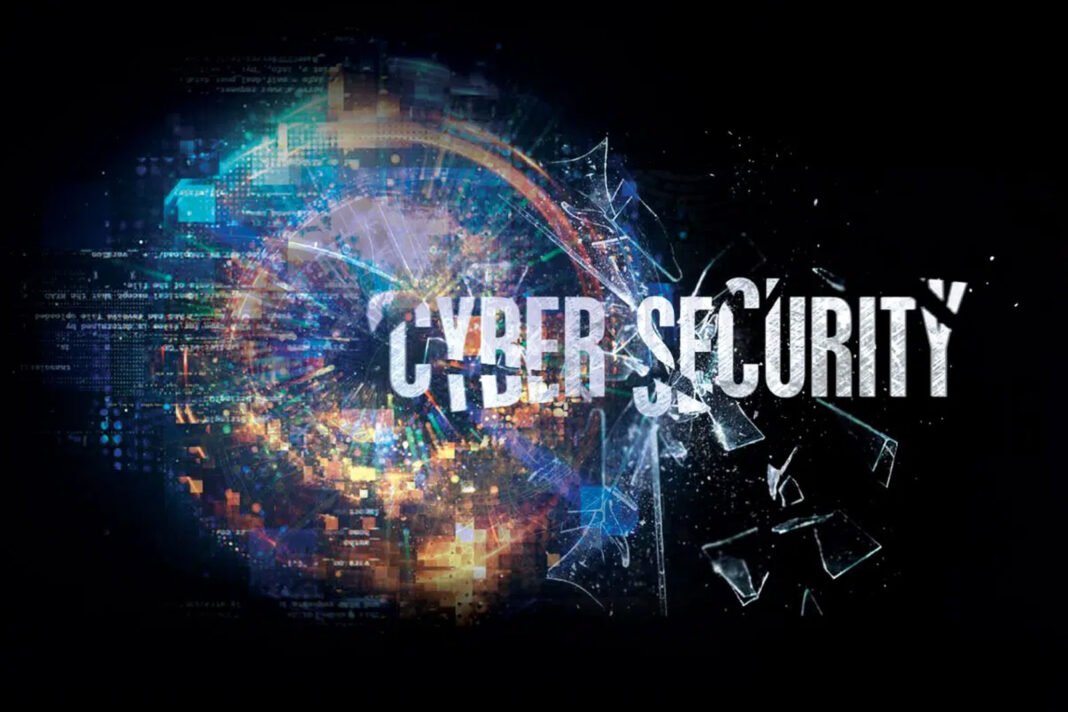In the era of quantum computing, cybersecurity is facing new challenges. As quantum computers become more powerful, they have the potential to break traditional encryption algorithms, which could compromise the security of sensitive data. It is crucial to develop new methods and strategies to secure data in this quantum age.
One of the key threats posed by quantum computing is its ability to factor large numbers quickly. This poses a significant risk to the security of public key cryptography, which relies on the difficulty of factoring large numbers. To address this, researchers are exploring new encryption algorithms that are resistant to quantum attacks, such as post-quantum cryptography.
Post-quantum cryptography involves using mathematical problems that are difficult for both classical and quantum computers to solve. These algorithms are designed to withstand attacks from both traditional and quantum computers, ensuring the security of data even in the face of quantum computing advancements.
Another approach to securing data in the quantum age is quantum key distribution (QKD). QKD uses the principles of quantum mechanics to establish secure communication channels. It relies on the properties of quantum particles, such as photons, to transmit encryption keys securely. Any attempt to intercept or measure these particles would disturb their quantum state, alerting the sender and ensuring the integrity of the communication.
Furthermore, advancements in quantum-resistant algorithms and protocols are being made to protect data in the quantum age. These include lattice-based cryptography, code-based cryptography, and multivariate cryptography. These new methods aim to provide secure encryption and authentication mechanisms that can withstand attacks from quantum computers.
In conclusion, as quantum computing continues to advance, it is crucial to prioritize cybersecurity in the quantum age. By developing and implementing new encryption algorithms, quantum key distribution, and quantum-resistant protocols, we can ensure the security of sensitive data in the face of quantum computing threats.




